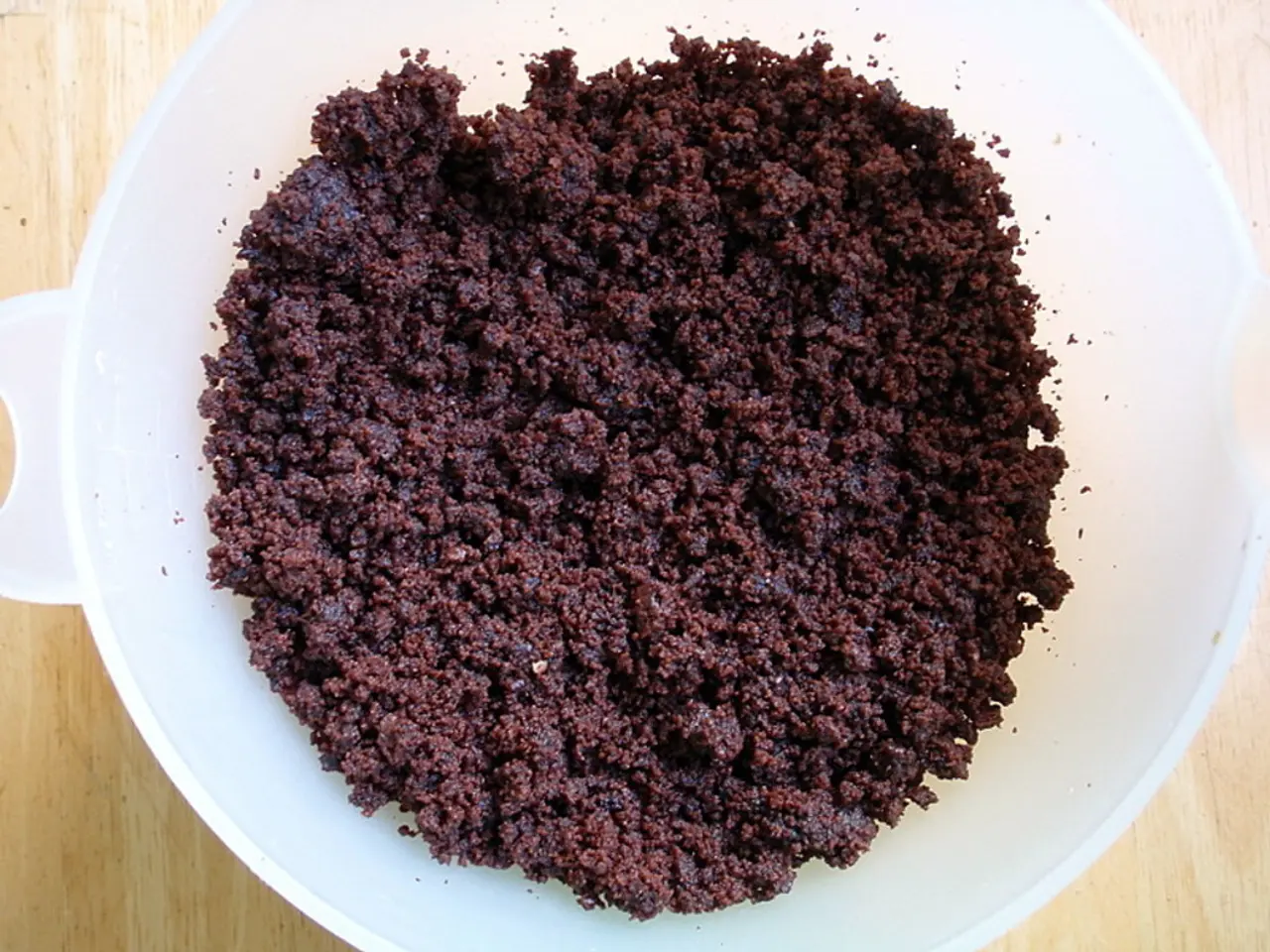Differentiating between gastroenteritis and colitis: What sets them apart?
Gastroenteritis and colitis are two distinct conditions that affect different parts of the digestive system. While both can cause uncomfortable symptoms, understanding the differences between the two can help in seeking appropriate treatment.
Gastroenteritis: Inflammation of the Stomach and Small Intestine
Gastroenteritis is inflammation of the stomach and small intestine, typically caused by infections such as viruses, bacteria, or parasites. Common causes include viral infections like norovirus and rotavirus, and bacterial infections such as Salmonella and E. coli.
The condition is most often caused by infectious agents affecting both the stomach and small intestine. Symptoms can include diarrhea, nausea, vomiting, and abdominal pain. Treatment for gastroenteritis usually involves supportive care, such as hydration and oral rehydration solutions, and may include targeted antimicrobial therapy if a bacterial or parasitic cause is identified.
Colitis: Inflammation of the Colon
Colitis, on the other hand, is inflammation of the colon (large intestine). While infections can cause both colitis and gastroenteritis, colitis is more often due to chronic inflammatory conditions like Crohn's disease or ulcerative colitis, ischemia, or immune-mediated conditions such as immune-mediated colitis (IMC).
Symptoms of colitis can include diarrhea, blood in the stool, mucus or pus in the stool, rectal bleeding, abdominal cramps and pain, an urge to move the bowels even when empty, and sudden urgency to move the bowels. Treatment for colitis depends on the underlying cause, with antibiotics used for infectious colitis, and corticosteroids, immunosuppressants, or biologics used for immune-mediated or inflammatory colitis.
It is important to note that misdiagnosing infectious colitis as IBD and treating with immunosuppressants alone can cause severe harm, highlighting the importance of confirming infection status before immunosuppression.
Prevention and Treatment
Prevention of infectious forms of colitis and viral gastroenteritis involves basic hygiene practices like hand washing, disinfecting surfaces, and using disposable gloves. Treatment for viral gastroenteritis is usually to replace lost fluids and electrolytes.
In older adults, pregnant people, and those with a weakened immune system or other health conditions, it is important to seek a doctor's advice if they have symptoms of colitis, gastroenteritis, or dehydration. Anyone who develops diarrhea and has dehydration symptoms, diarrhea lasting more than 2 days, frequent vomiting, high fever, severe pain in the abdomen or rectum, black tarry stools, stools with bright red blood or mucus, weakness or excessive fatigue, should seek medical attention immediately.
In conclusion, while both gastroenteritis and colitis can cause similar symptoms, they affect different parts of the digestive tract and require different treatments. Correct diagnosis is crucial for appropriate and safe treatment.
- Gastroenteritis is a condition where the stomach and small intestine become inflamed, usually due to viral, bacterial, or parasitic infections.
- Symptoms of gastroenteritis can be uncomfortable, including diarrhea, nausea, vomiting, and abdominal pain.
- Treatment for gastroenteritis often involves supportive care like hydration and oral rehydration solutions, and may include targeted antimicrobial therapy if a bacterial or parasitic cause is detected.
- Colitis, on the other hand, is inflammation of the colon, which can be caused by chronic inflammatory conditions like ulcerative colitis or Crohn's disease, or immune-mediated conditions.
- Symptoms of colitis can include diarrhea, blood in the stool, abdominal cramps, and an urge to move the bowels even when empty.
- Treatment for colitis depends on the underlying cause, with antibiotics used for infectious colitis, and corticosteroids, immunosuppressants, or biologics used for immune-mediated or inflammatory colitis.
- Misdiagnosing infectious colitis as an immune-mediated condition and treating with immunosuppressants alone can cause harm, emphasizing the importance of confirming infection status before immunosuppression.
- Prevention of infectious forms of colitis and viral gastroenteritis involves maintaining basic hygiene practices like hand washing, disinfecting surfaces, and using disposable gloves.
- anyone who develops diarrhea and has dehydration symptoms, diarrhea lasting more than 2 days, frequent vomiting, high fever, severe pain, black tarry stools, stools with bright red blood or mucus, weakness or excessive fatigue, should seek medical attention immediately.




